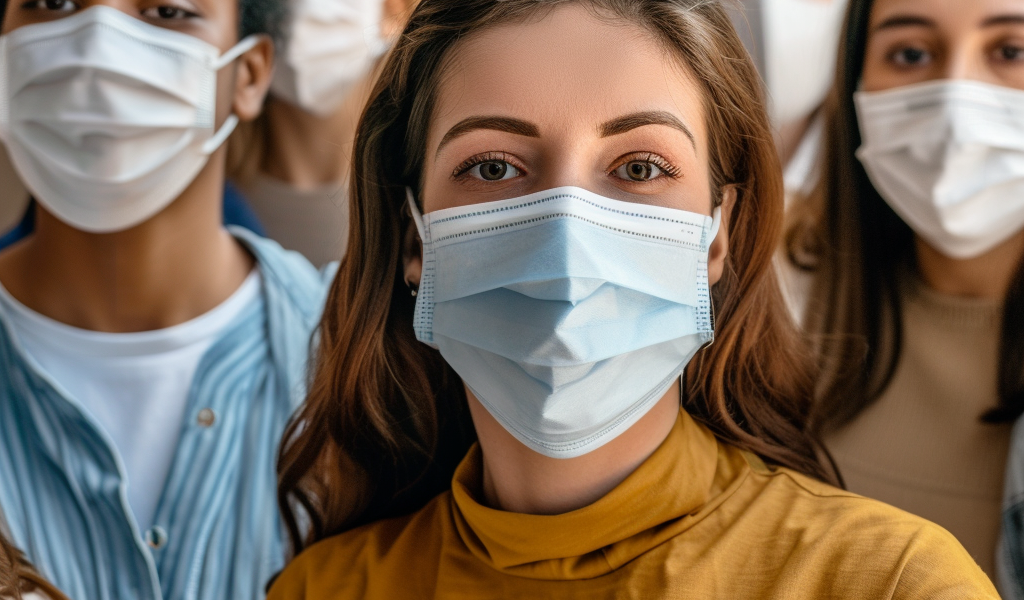Study Shows N95 Respirators Highly Effective in Preventing Airborne Transmission of SARS-CoV-2
A recent study conducted by researchers at the University of Maryland (UMD) has highlighted the effectiveness of N95 respirators in preventing the leakage of SARS-CoV-2 virus into the air. The study, published in eBioMedicine, compared the performance of various face masks and respirators in impeding the transmission of the virus that causes COVID-19.
The research team collected breath samples from volunteers with community-acquired COVID-19 infections. Volunteers were asked to provide breath samples while wearing different types of face coverings, including cloth masks, surgical masks, KN95 respirators, and N95 respirators. The results showed that the ‘duckbill’ N95 respirator was the most effective, stopping 98% of the virus from entering the air.
During the study, participants were instructed to wear face coverings for a portion of the session and then remove them for the remaining time. They were asked to perform vocalizations such as saying the alphabet, singing ‘Happy Birthday,’ and shouting to simulate real-life scenarios. The study included 44 volunteers, with 43% being women.
While the study did not include fit-testing for the face coverings, it was noted that respirators like the N95 provide a tighter seal compared to cloth or surgical masks. Participants wore a variety of masks, including cloth masks of unknown brands, Kimberly-Clark Professional Kimtech M3 masks, Powecom KN95 respirators, and ACI 3120 Surgical N95 duckbill respirators from Armbrust USA.
The researchers emphasized the importance of non-pharmaceutical interventions, such as wearing face masks, in reducing the airborne transmission of the virus. The study highlighted the critical role of face coverings, especially in the context of highly transmissible variants like Omicron.
As the world continues to navigate the COVID-19 pandemic, studies like these provide valuable insights into the effectiveness of different types of face coverings in preventing the spread of the virus. The findings underscore the importance of using N95 respirators, like the ‘duckbill’ design, in mitigating the risk of viral transmission in indoor settings.





